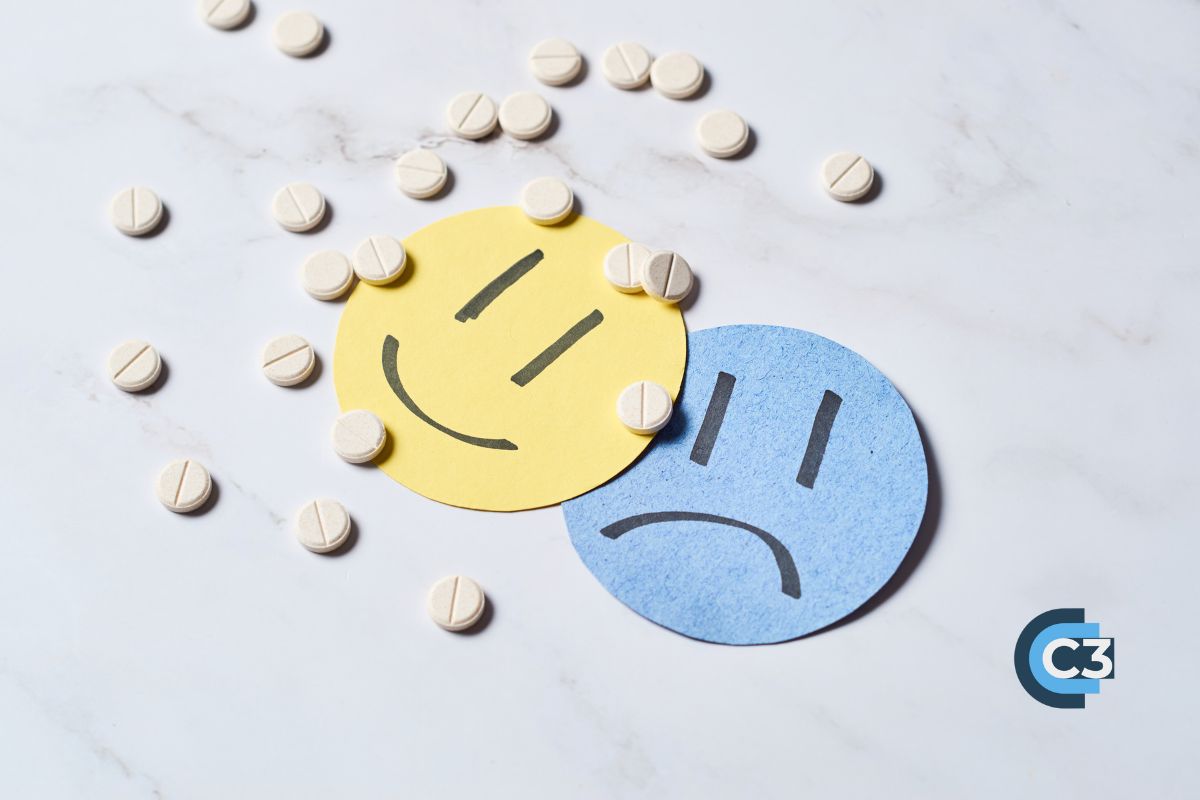Placebo vs Nocebo Effect in Workers’ Compensation: Why Expectations Matter
Rediscovering Medical Knowledge: Lessons for Workers’ Compensation Professionals
I was doing some housecleaning the other day and decided to clean out my personal library. At the bottom shelf was my collection of medical texts dating back to my Physician Assistant training. One text that caught my eye was Harrison’s Principles of Internal Medicine, 12th edition. I can remember that paying $33 for that textbook seemed wildly expensive. For fun, I checked the current pricing for the same textbook. Amazon lists it for $269.
While reading about this book, I came across a concept I hadn’t encountered before: the Nocebo effect in medicine.
Placebo and Nocebo Effects in Workers’ Compensation Claims
In the world of Workers’ Compensation, the intersection between physical injury, psychological well-being, and financial stress is undeniable. Two powerful phenomena—the placebo effect and the nocebo effect—directly influence how injured employees experience recovery.
The Placebo Effect: How Belief Can Improve Recovery Outcomes
The placebo effect occurs when an individual improves after receiving a treatment that has no true therapeutic value, such as a sugar pill or sham procedure. The injured employee experiences positive results simply because they believe the intervention will help.
The Nocebo Effect: When Negative Expectations Delay Healing
In contrast, the nocebo effect refers to negative outcomes that stem from negative expectations. If an injured worker believes the treatment won’t work—or worse, that the system is working against them—they may experience more pain, heightened anxiety, delayed recovery, and unnecessary interventions.
Why the Nocebo Effect is Critical in Workers’ Compensation Cases
This is especially relevant in Workers’ Compensation where fear of re-injury, mistrust in the system, or skepticism about the employer’s intentions often exists. If an injured worker feels their injury is minimized, their treatment is inadequate, or necessary care is being denied, symptoms may intensify, and claims may become more complex.
The Power of Expectations in Injury Recovery and Return to Work
From my years of clinical experience, I’ve learned that when someone believes they will recover, they almost always do. On the other hand, when distress, doubt, or secondary motivations cloud expectations, recovery often stalls. This leads to longer claims, expanded interventions, and a negative ripple effect across the workforce.
How Negative Perceptions Amplify Pain and Workers’ Comp Claims
The nocebo effect is particularly noticeable in cases involving chronic pain, mental health concerns, and other subjective conditions. Negative beliefs can amplify symptoms, slow healing, and fuel frustration for both employees and employers.
Strategies for Claims Professionals to Reduce Placebo and Nocebo Risks
So, what can a claims file handling professional do? The key lies in positive communication, frequent updates, honest dialogue, and clear education about the injury and its treatment. When injured workers feel informed, heard, and supported, negative expectations lose their grip.
Communication and Trust: Keys to Positive Claim Outcomes
Trust is the cornerstone of effective claims management. Claims professionals who invest in education, communication skills, and empathy build stronger relationships with injured employees. This minimizes the nocebo effect and enhances the placebo effect.
Improving Workers’ Compensation Results Through Psychological Awareness
When every member of the claims team understands the power of expectations and addresses both placebo and nocebo effects early in the process, outcomes improve significantly. Establishing trust, setting realistic expectations, and ensuring employees feel supported increases the likelihood of a smoother recovery and more positive claim resolution.

